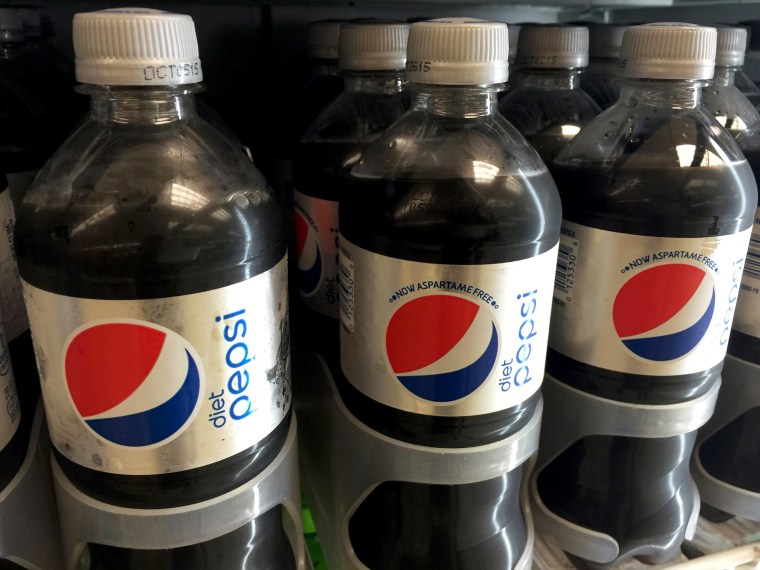Pepsi is creating a new diet beverage for fans of aspartame less than a year after pulling the artificial sweetener as part of a marketing move over safety concerns.
The sweetener had been linked to cancer in lab mice and industry executives blamed the decline in sales on concerns people have about aspartame. The removal of the sweetener tested the theory that it was to blame for fleeing customers. But, the move seems to have been a misstep, with consumers dissatisfied over the change in flavor without the sweetener.
The company will start selling the new Diet Pepsi Classic Sweetener Blend this fall, which will contain aspartame in its formula. But, Diet Pepsi will continue to be sweetened without aspartame.
Read More: Diet Drinks Linked With Heart Disease, Death
Meanwhile, Pepsi MAX will be re-introduced to U.S. consumers as Pepsi Zero Sugar and will still contain aspartame.
The changes were first reported by the publication Beverage Digest and later confirmed by PepsiCo.
"Consumers want choice in diet colas, so we're refreshing our U.S. lineup to provide three options that meet differing needs and taste preferences," PepsiCo said.
Read More: Pepsi Ditches Aspartame in Bid to Add Pop to Diet Drink Sales
When the company removed aspartame from products in August, it cited the move as customer driven. Senior vice president Seth Kaufman, at the time, said that it was the "No. 1 thing" customers had been calling about. Several years ago, rival Coca-Cola Co. tested ads in select newspapers defending the safety of the sweetener.
Shares of PepsiCo Inc. slipped 2 cents to $101.96 amid a broad market sell-off. Its shares are up more than 7 percent over the past year.
